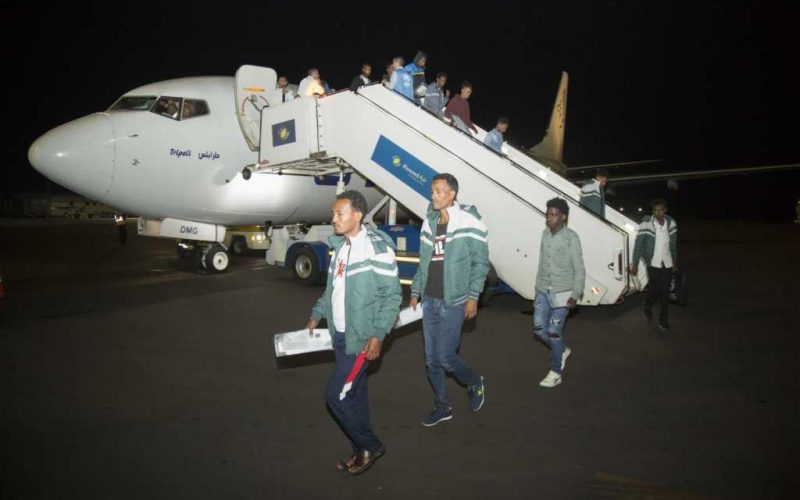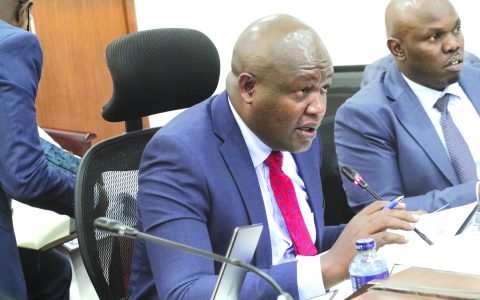End detention and prosecution of asylum seekers

On December 4, 2023, a regional network of civil society groups petitioned the Commissioner for Refugee Affairs to ensure the rights of asylum seekers are upheld in Kenya.
This way, asylum seekers will be able to enjoy their right to get protection from prosecution for being in the country illegally as guaranteed under international law and the 1951 Refugee Convention.
The Horn of Africa Civil Society Forum (HoACSF) works in a dozen countries to monitor, protect and expand civic space so that a culture of respecting human rights can be achieved, as well as peaceful and people-centred integration.
In a region with the world’s most conflict-prone and war-torn countries, vulnerable citizens are constantly in search of safety and economic opportunities, forming the bulk of refugees living in the Kakuma and Dadaab camps in northern Kenya.
Internecine power conflicts aside, the refugee problem in the region is exacerbated by climate change and attendant calamities like drought, locust invasions and floods that have relentlessly come in succession in recent years as if in a spellbound conspiracy to make life unbearable for mankind in this part of the world.
Though Commissioner for Refugee Affairs John Njuguna Burugu has not deemed it necessary to so much as acknowledge the petition submitted five months ago, the appeal thrusts into the limelight the crisis those seeking refuge in Kenya are in.
It also highlights the inevitable reality that it is time Kenya made critical decisions on her posture regarding asylum seekers, in the context of the government’s visa-free policy and the African Union Protocol on Free Movement of Persons.
Outlining why he wants to be chairperson of the African Union Commission, Kenyan ex-prime minister and veteran opposition leader Raila Odinga prioritised addressing the 2063 AU Agenda on Economic Integration, pledging to implement “substantial measures to improve the free movement of people across AU countries” if elected.
While such high-level policy propositions and pronouncements can have far-reaching and profound impact, resonating with the African Continental Free Trade Area agenda, their practice calls for policy, legal and institutional reforms at the country level to make agencies like the Directorate of Refugee Services and the Commission for Refugee Affairs more responsive, prompt, effective, service-oriented, and accountable in providing services.
While Kenya has done a commendable job enacting the Refugee Act in 2021, providing for a fairly comprehensive framework for recognising, protecting and managing refugees, and giving effect to several international conventions on refugees, it should align its Citizenship and Immigration Act, and its Subsidiary Regulations if the law is to be helpful in recognising, protecting and managing asylum seekers entering the country through designed and non-designated points of entry.
Whereas Kenya has adopted a visa-free entry policy, the Fourth Schedule of the Citizenship and Immigration Act and its regulations still designate points and times of entry into and exit from Kenya.
It is undeniable that there is an economic angle to immigration. Some of the immigrants may want to enter Kenya as a transit point in search of other greener pastures Others use non-designated entry points for fear of being apprehended and consigned to refugee camps, where their aim to start a business or get better-paying jobs would be ruined.
While the Global South has always cringed with consternation at the sight of their own putting their lives at risk to migrate to the Global North for economic reasons, we have not treated our own immigrants more kindly. One measure Kenya can adopt immediately to help save refugees from using undesignated routes and sometimes ending up dead is to end the prosecution and detention of asylum seekers.
— The writer is the Executive Director of the Kenya National Civil Society Centre
—[email protected]



